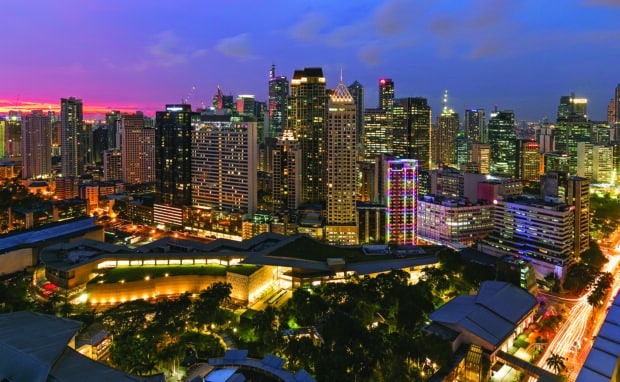
The Philippines is poised to be the second fastest-growing economic system in Southeast Asia this yr and in 2025—simply behind Vietnam—based mostly on the most recent outlook of the Asean+3 Macroeconomic Analysis Workplace (Amro), which left its development projections for the native economic system untouched.
Within the quarterly replace to its flagship Asean+3 Regional Financial Outlook launched on Thursday, Amro retained its gross home product (GDP) development forecast for the Philippines at 6.1 p.c for 2024, and 6.3 p.c for subsequent yr.
This might make the nation the second greatest performing economic system in Asean if Amro’s predictions come to go, trailing behind Vietnam which is projected to develop by 6.2 p.c and 6.6 p.c in 2024 and 2025, respectively.
However, the Philippines would nonetheless outperform all the Asean, Amro mentioned because it pegged a mean GDP development charge of 4.7 p.c and 4.9 p.c for the area this yr and subsequent.
However development would nonetheless fail to hit the 6 to 7 p.c official goal of the Marcos administration in 2024, and would fall wanting the 6.5 to 7.5 p.c purpose for 2025. At a press convention, Amro chief economist Hoe Ee Khor mentioned development of the home economic system can be supported by greater authorities spending and investments, in addition to enlargement in providers exports.
“I feel the Philippines is nicely supported. We all know that 6.1 p.c is beneath the federal government’s [target], nevertheless it’s nonetheless among the many strongest within the area, as you’ll be able to see,” Khor mentioned.
Article continues after this commercial
Newest information confirmed the economic system grew 6.3 p.c within the second quarter. However analysts had mentioned the determine was magnified by favorable base results that masked the 4.6 p.c development in consumption, a tempo that was uncommonly low for the Philippines.
Article continues after this commercial
To assist stimulate family spending, the Bangko Sentral ng Pilipinas (BSP) in August minimize the coverage charge by 1 / 4 level to six.25 p.c, kicking off what Governor Eli Remolona Jr. had known as a “gradual” easing cycle.
By decreasing borrowing prices, the BSP desires to encourage financial institution lending and consumption. Amro’s Khor mentioned the beginning of the slicing cycle in the US would enable central banks within the area, together with the BSP, to make extra easing strikes to spice up GDP development.
“An growing variety of central banks worldwide have begun easing financial coverage, and China has lately introduced a broad set of stimulus measures to help its economic system. These actions could have constructive spillover results on the remainder of area,” he mentioned.

